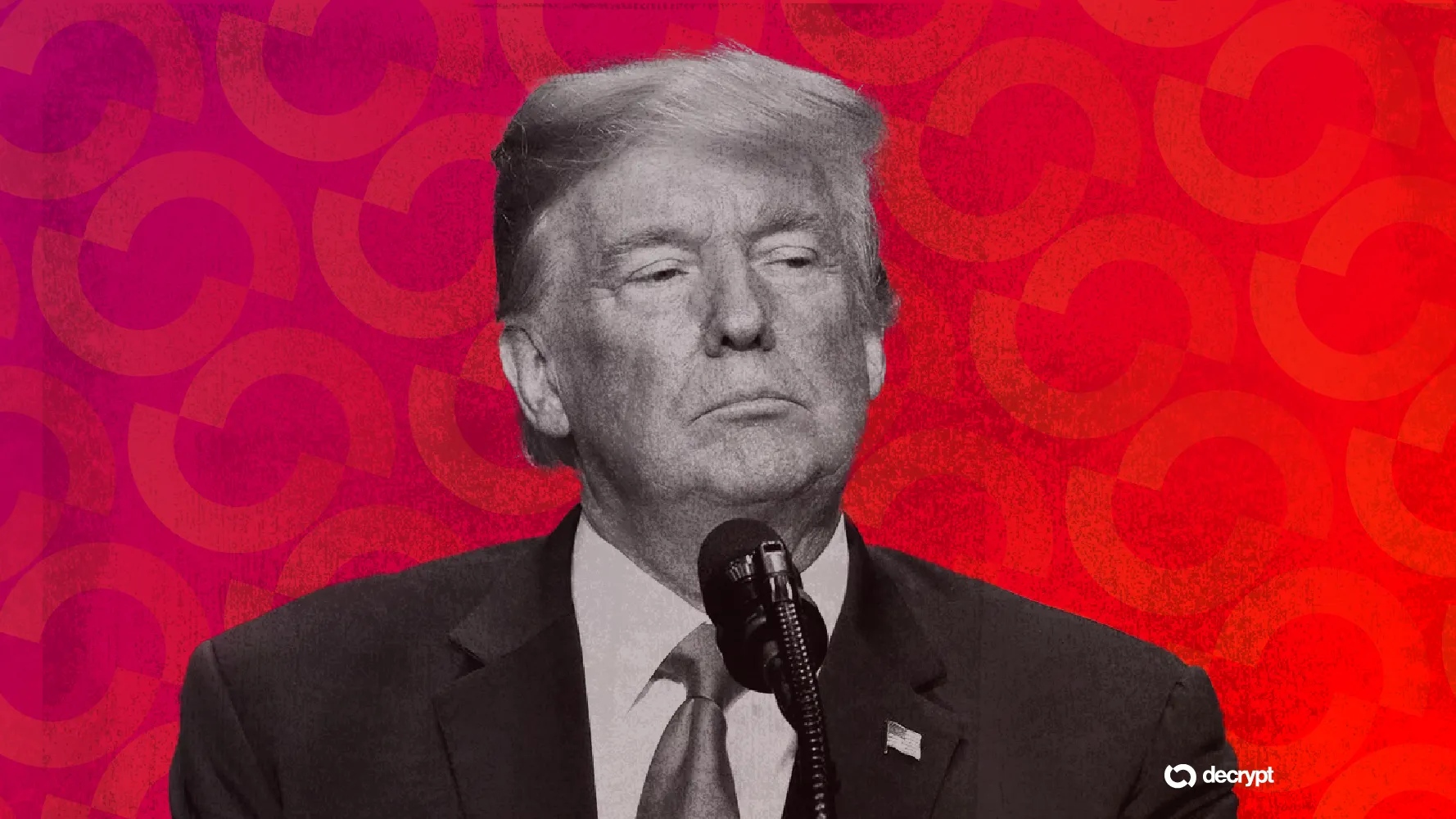In brief
- Catena Labs raised $18M from a16z, Coinbase Ventures, Circle, and Tom Brady, among others.
- The startup is building AI-native finance rails for autonomous agents using stablecoins.
- Brady's crypto comeback follows his losses in the FTX collapse and lawsuits that marred his post-NFL life.
Tom Brady is making a cautious but deliberate return to crypto.
This time, he's backing Catena Labs, a Boston-based startup aiming to build what it’s positioning as the world's first AI-native financial institution, according to a report by Front Office Sports.
Catena's pitch is rooted in the idea of agentic commerce: autonomous AI agents that transact on users' behalf.
Co-founded by Circle's Sean Neville, best known for co-creating the USDC stablecoin, Catena emerged from stealth with $18 million in seed funding led by Andreessen Horowitz's crypto division, a16zcrypto.
The funding round also saw support from Circle Ventures, Coinbase Ventures, Stanford Engineering VF, and Breyer Capital, as well as notable angel investors, including Balaji Srinivasan, Bradley Horowitz, and Kevin Lin, among others.
The project is building "an AI-native financial institution" that would "give AI agents, and the businesses and consumers they serve, the ability to transact safely and efficiently," Neville said in a statement released last week.
Catena plans to use regulated stablecoins like USDC to power AI-driven transactions alongside traditional payment rails.

Fully Autonomous AI Could Control Criminal Networks: Europol
Europol has warned that blockchain and AI will “accelerate serious and organised crime” in the coming years, with a new report from the EU law enforcement agency even predicting that fully autonomous AI “could pave the way for entirely AI-controlled criminal networks.” In its 2025 Serious and Organised Crime Threat Assessment, Europol suggested that the combination of AI and crypto will serve to expand online fraud schemes, which already represent “the most rapidly expanding sector” in organised...
Catena Labs launched the Agent Commerce Kit, an open-source tool designed to help AI systems verify their identity and make payments independently, following its move out of stealth last week.
The firm contends that existing financial systems, from supply chain automation to retail shopping, are not equipped for AI-native interactions.
With Brady's endorsement and backing from some crypto's most elite firms, it's staking a big claim at the intersection of AI, finance, and infrastructure.
Second half
In his prime, Brady played as a quarterback in the NFL and was widely considered one of the greatest of all time, winning seven Super Bowl titles over a 23-season career with the New England Patriots and Tampa Bay Buccaneers.
Brady's earlier dive into crypto came through FTX, the now-defunct exchange whose 2022 collapse erased billions in customer funds and sent the industry into a tailspin for over a year.

Tom Brady, Larry David Among Celebs Cleared in FTX Lawsuit—Mostly
A judge on Thursday dismissed most—but not all—claims against high-profile celebrities sued for promoting collapsed crypto exchange FTX. In an opinion filed Wednesday, U.S. District Judge K. Michael Moore said that FTX investors taking legal action against the celebrities had failed to prove that the stars had knowledge the crypto exchange was fueled by fraudulent activities. The celebrities named in the lawsuit include sports stars like Tom Brady, Stephen Curry, and Naomi Osaka, the Golden Sta...
Serving as a paid brand ambassador, Brady endorsed the platform through television commercials and events, earning as much as $30 million in company equity, which later lost its value following prosecutors' discovery that FTX had misappropriated customer assets to offset trading losses.
The fallout left Brady entangled in a class-action lawsuit and marked one of the highest-profile celebrity endorsements gone wrong. Earlier this month, Brady was cleared in the FTX lawsuit.
Prior to Catena, Brady co-founded NFT platform Autograph, which raised $200 million before pivoting from NFTs to focus on digital collectibles.
Edited by Sebastian Sinclair




